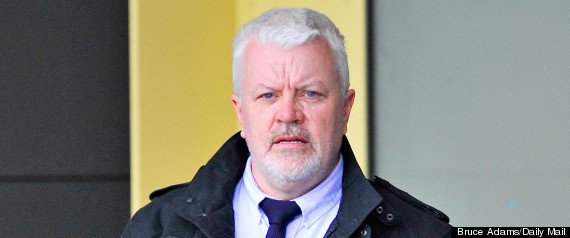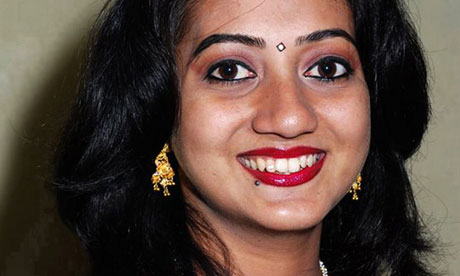By Madeline Schiesser
Impunity Watch Reporter, Europe
STOCKHOLM, Sweden – Swedish furniture giant, IKEA, acknowledged in a press release on Friday that political prisoners were used as forced labor in the manufacturing of IKEA parts some 25 to 30 years ago in communist Eastern Germany. Jeanette Skjelmose, Head of Sustainability says, “We regret deeply that this could happen. Using political prisoners in production has never been accepted within IKEA.”

The announcement was prompted by the findings of an internal audit conducted by accountants Ernst & Young, which poured over 20,000 pages of IKEA’s internal records documents and 80,000 archived German items. Also, about 90 people were interviewed.
The Ernst & Young study found that IKEA had given contracts to the East German (GDR) government. It further found that political and criminal prisoners were involved in manufacturing for IKEA suppliers there, and it was likely that at the time some IKEA representatives were aware of this likelihood. The use of forced labor in East German state-owned companies continued until the fall of Communism in 1989.
However, the study has already been denounced as “unscientific” by Roland Schulz, VP of an association representing East German Communist regime victims. Calling for historians and political scientists to carry out a more thorough investigation, he explains that, “IKEA as the guilty party is itself conducting the investigation rather than leaving it to unbiased sources. Therefore we strongly doubt the validity of the results.”
IKEA commissioned the study after a 2011 German documentary from and 2012 Swedish Television reports claimed that, based on documents from the Stasi archives and statements from former political prisoners of the Stasi, IKEA’s suppliers used political prisoners as inexpensive labor. The Stasi were the much feared secret police of the former GDR.
According to Stasi records, in one case political prisoners were used as unpaid labor to build sofas at a factory in Waldheim. The factory and prison stood side by side. Hans Klare, a former inmate at Waldheim who worked on sofa production there, described conditions as “slave labor.” He remembers sleeping above the factory floor and working long hours with little rest and in dangerous conditions.
Initially, IKEA denied the accusations in April, claiming that it had conducted an internal investigation and found no evidence at political prisoners were used in production.
However, this week IKEA announced plans to make a donation to support the research of UOKG, a German charity for victims of the former Communist regime. UOKG has campaigned for compensation for many former prisoners, on the grounds that they remain psychological and physical burdened by their time doing forced labor.
UOKG chairman Rainer Wagner praised IKEA for “tak[ing] the lead on this, for which we are very grateful,” and acknowledged that IKEA was one of many companies that benefited from forced prison labor during the Communist era.
However, former prisoners may still yet demand compensation from IKEA.
In the press release, IKEA states that while it tried to take steps to ensure that prisoners were not used in production, “it is now clear that these measures were not effective enough.”
Skjelmose also added that IKEA has reduced the risk of something similar being able to happen again. IKEA presently has rigorous codes of conduct for suppliers, and works closely with suppliers and external inspections. Furthermore, they carry out more than 1,000 audits each year to ensure compliance with this code.
However, some argue that IKEA should not have worked with the former GDR initially. “They didn’t ask who were producing their furniture and under what kind of conditions,” Dr Hubertus Knabe, director of the Stasi Prison Memorial said, prior to the publishing of the Ernst & Young report.
“In each case you are responsible [for] with whom you are dealing and if you are dealing with dictatorship, if you don’t have a look under what kind of conditions your furniture is produced, then you are responsible for that.”
For further information, please see:
Sveriges Radio – Tysk kritik mot Ikea:s utredning om DDR-fångar – 17 November 2012
BBC News — Ikea ‘Deeply Regrets’ Use of Forced Labour – 16 November 2012
The Independent – Ikea Used Forced Prison Labour to Make Furniture – 16 November 2012
The Local – Ikea Admits Using East German Prison Labour – 16 November 2012
Sveriges Radio – Ikea erkänner: Vi använde politiska fångar i DDR – 16 November 2012
Sveriges Radio – Political Prisoners Built Ikea Furniture – 16 November 2012
The Telegraph – Ikea ‘Regrets’ Forced Labour Use in East Germany – 16 November 2012
The Local – Ikea rejects East German prison labour claims – 28 April 2012



